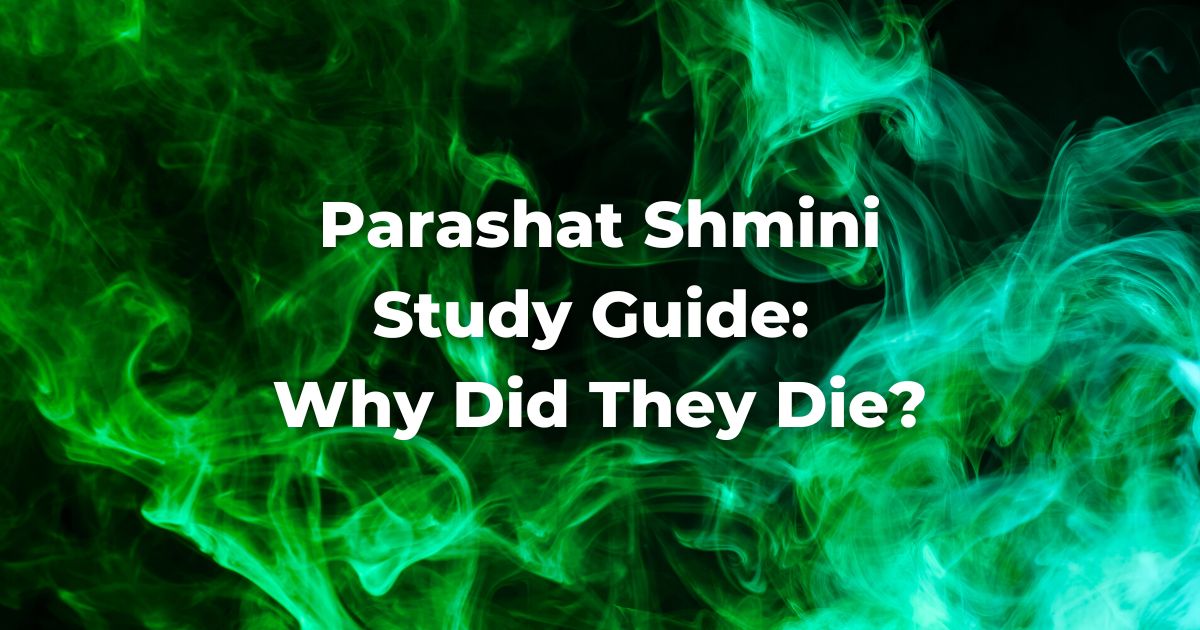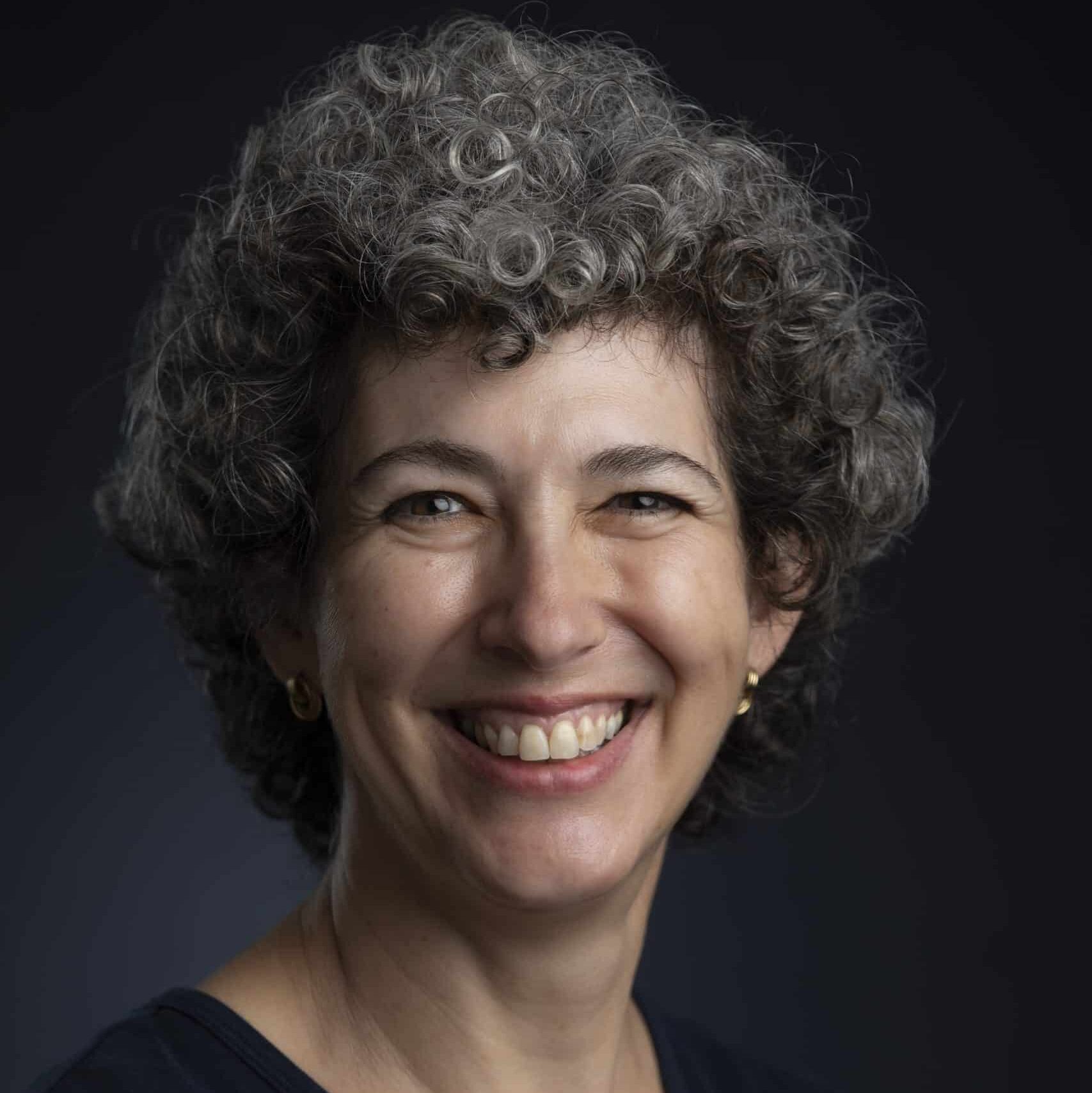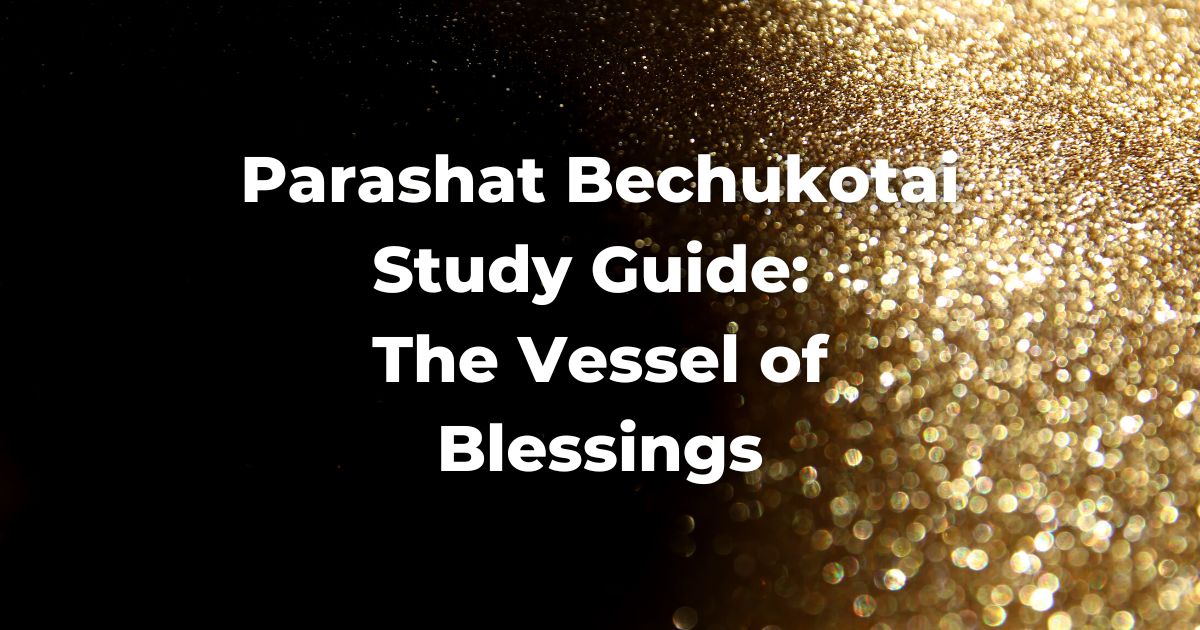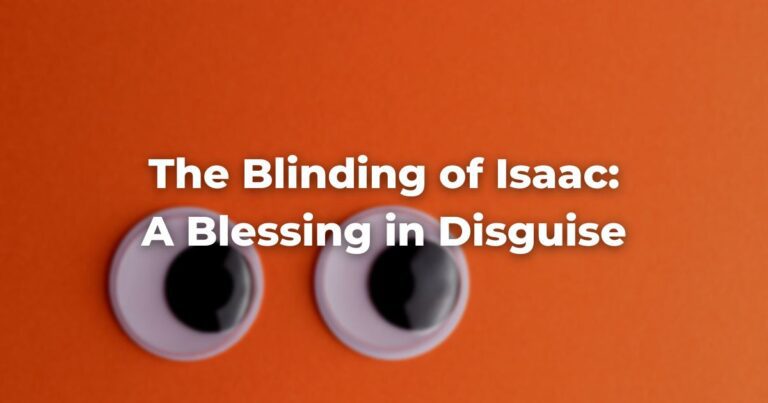Text: Vayikra 9:24-10:2
24 And fire came out from before the LORD and consumed the burnt offering and the fat on the altar. When all the people saw it, they shouted and fell on their faces.
10:1 Then Nadav and Avihu, the sons of Aharon, each took his censer and put fire in it, put incense on it, and offered a foreign fire before the LORD, which He had not commanded them. 2 And fire went out from the LORD and consumed them, and they died before the LORD.
- The deaths of Nadav and Avihu rattle the reader. Is the Torah writing about the event in a positive or a critical voice?
- Why did they die? How do you understand the answer in the text? What might this action tell us about them?
Midrash: Vayikra Rabba 20
R. Jeremiah ben Elazar said: In four places the deaths of the sons of Aaron are mentioned, and in all of them it states what they did wrong. Why? To let you know that they had done nothing wrong except for this sin.
- The midrash is very concerned about the reputation of Nadav and Avihu. Why would that be of such interest? Why might someone think that there was any reason for them to die besides the foreign fire?
- Why might people seek a cause of death beyond what is stated? Can you think of other cases in which we have a hard time accepting the given reason?
Midrash: Vayikra Rabba 20
R. Levi said: they were arrogant. Many women were sitting and waiting for them, but they said: Our father’s brother is king, our mother’s brother is a prince of a tribe, our father is Kohen Gadol, and we are second in line for Kehuna (priesthood); what woman is worthy of us? R. Menachma…said: “And to Moshe He said: go up to the LORD” (Shmot 24:1) We learn that Moshe and Aharon were walking in front and Nadav and Avihu were walking behind them, and all Israel behind them; and (Nadav and Avihu) were saying: when will these two old people die, and we will reign over the people?
- This midrash seems to take issue with Nadav and Avihu’s perceived arrogance. What are the risks of arrogance for an individual and for a community? What kind of leaders might Nadav and Avihu have become?
- In this midrash, how do Nadav and Avihu view the world? How has that affected their development? Do you think that Moshe or Aharon would have noticed such behavior? Why?
- What is the difference in approach between the Midrashim? What might each approach represent? Which do you relate to? Why?
See more: Parashat Shemini
Originally posted as part of the Conservative Yeshiva at the Fuchsberg Jerusalem Center’s Torah Sparks. Support Torah learning from the Fuchsberg Jerusalem Center/Conservative Yeshiva for leaders and seekers around the world here.
Authors
-

Vered Hollander-Goldfarb teaches Tanach and Medieval Commentators at the Conservative Yeshiva and is a regular contributor to Torah Sparks, FJC’s weekly message on the weekly Torah portion. She received her M.A. in Judaic Studies and Tanach from the Bernard Revel Graduate School of Yeshiva University and studied at Bar-Ilan University and the Jewish Theological Seminary. Before making aliyah, Vered taught at Ramaz School and Stern College in New York.
-



The Fuchsberg Jerusalem Center (FJC) is a home in the heart of Jerusalem where leaders and seekers can find an authentic place in Jewish tradition to call their own. FJC offers opportunities to study, pray and explore within an egalitarian and inclusive setting, creating multiple pathways for finding personal and communal meaning.




